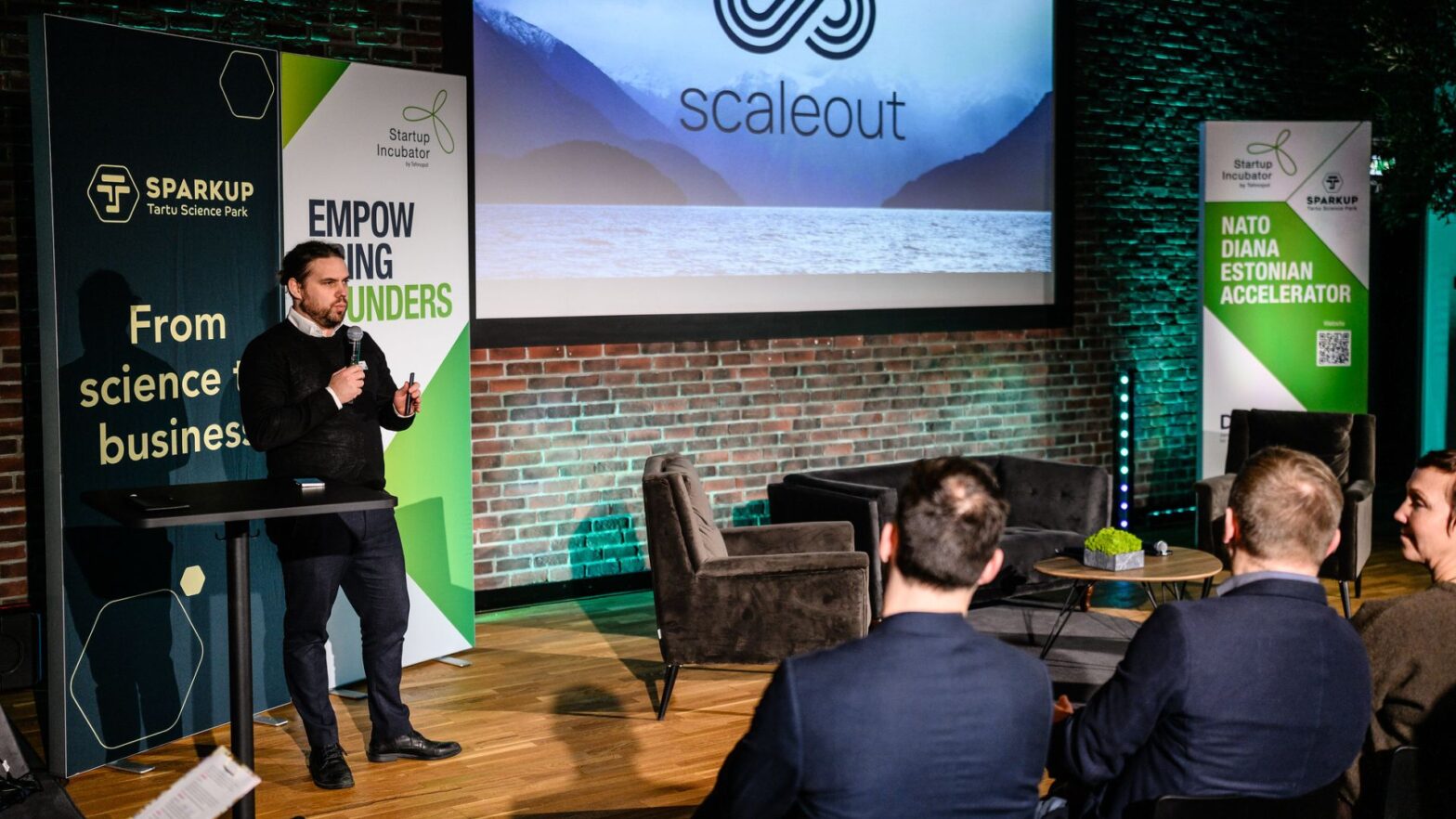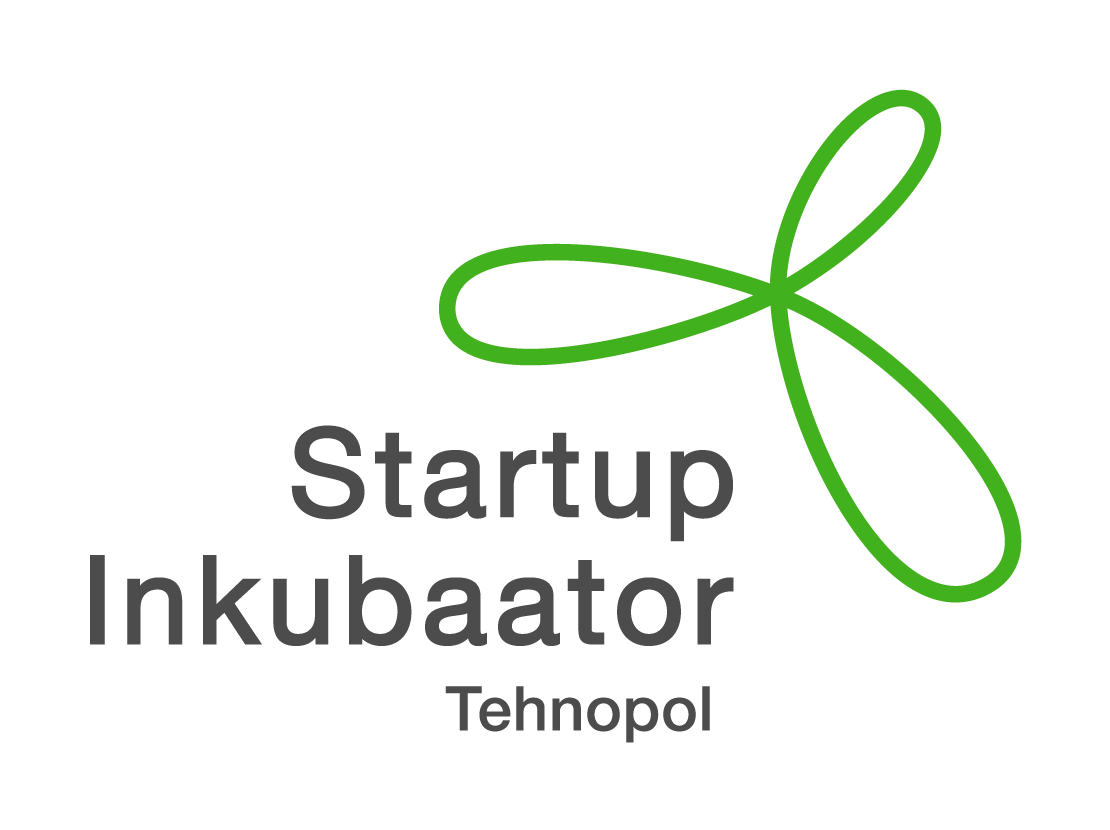Startup Story: Scaleout Systems X NATO DIANA Estonian Accelerator

Scaleout Systems is redefining how machine learning (ML) is deployed in privacy-sensitive environments. Traditional centralised AI development requires organisations to consolidate sensitive data in a single location. This process raises significant privacy, security, and regulatory concerns. Scaleout’s software platform solves this by orchestrating machine learning across edge, cloud, and secure environments, bringing computation as close to the data as possible. At the heart of the platform is federated learning, a privacy-first method that enables collaborative model training across distributed devices without transferring raw data.
How did you come up with the idea to create a startup?
We had started working on federated learning in our distributed scientific computing group at Uppsala University in Sweden. We quickly realised that this technology was going to become a foundation layer in the ML stack for applications that require strict control over data ownership and privacy, and we wanted a focused approach to making it operational.
What has been your biggest win so far?
We were fortunate to engage early with innovators at large enterprises, such as Scania CV.
What sets your startup apart from competitors?
Scaleout Systems helps companies use artificial intelligence (AI) without putting sensitive data at risk. Usually, to train AI, all the data must be sent to one central place but that can create privacy and security problems. Scaleout’s technology works differently: it allows the AI to learn from the data where it already is, like on local devices or in secure systems, so the data doesn’t have to be moved. The federated learning approach allows different organisations to work together on AI projects while keeping their data private and safe.
From the beginning, we have had a clear vision for how to bring federated AI to production. We are deeply rooted in ML research, but have always stayed focused on evolving the roadmap together with early adopters at mission-critical organisations and enterprises.
Why did you choose the NATO DIANA accelerator?
We had realised what impact edge AI* and federated learning could have for defence applications. Applying to DIANA was a natural next step to learn and to evolve our dual-use strategy.
Where do you see Scaleout in 5 years?
In 5 years, Scaleout Edge will be the go-to platform for mission-critical AI in the edge-to-cloud continuum**. We have accelerated progress towards next-level autonomous systems and helped safeguard and scale AI for NATO and allies.
Which books or podcasts in your field do you follow, and would you recommend them to other aspiring entrepreneurs?
Right now, I am reading ”Cognitive Electronic Warfare” by Karen Haigh and Julia Andrusenko. For startup life, I like listening to the Y Combinator podcast – always entertaining and informative.
In the photo: CEO and Co-founder Andreas Hellander
The Estonian accelerator is implemented by Tehnopol Startup Incubator together with Sparkup Tartu Science Park.
*Edge AI refers to running artificial intelligence directly on local devices, like sensors, drones, or other hardware – rather than relying on a central server or cloud. This makes it faster, more private, and often more reliable, which is especially important in critical situations like defence.
**The edge-to-cloud continuum refers to the seamless integration of computing across a range of environments – from edge devices (like sensors and drones) to central cloud systems. It means AI can run smoothly wherever it’s needed, whether close to the data source or in a powerful data centre, allowing for faster, more flexible, and more secure decision-making.


